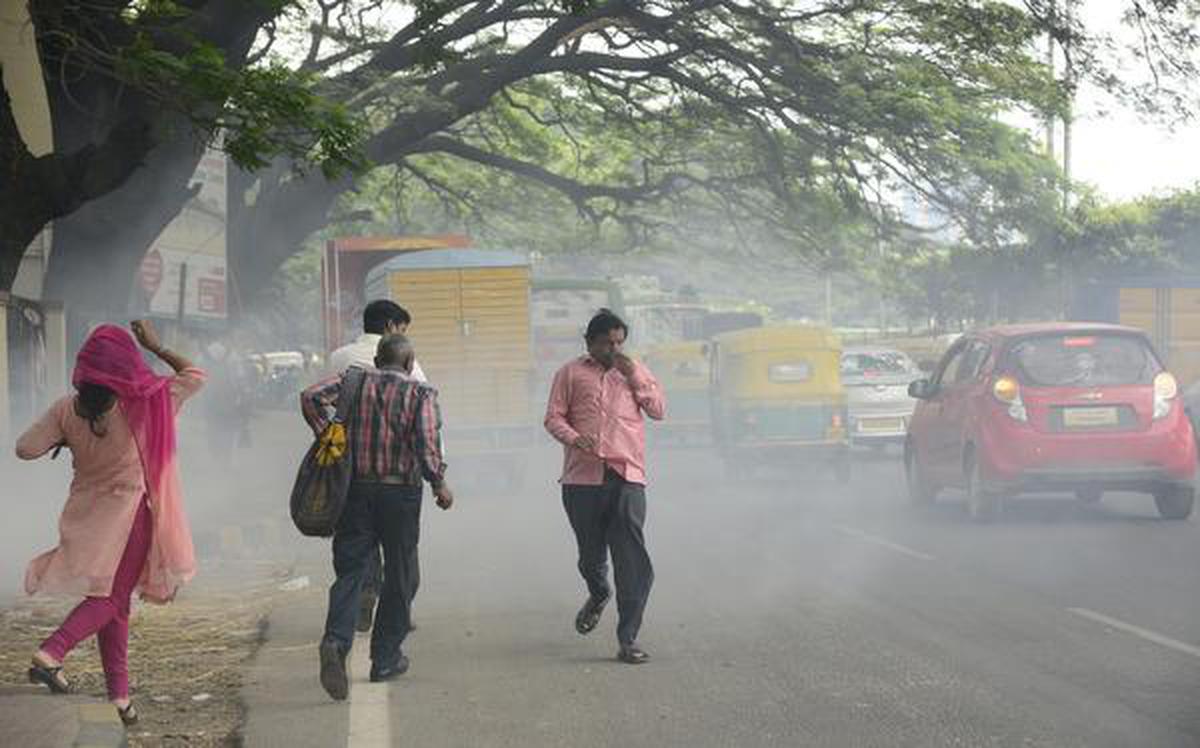In a significant legal development, the Delhi High Court recently declined to entertain a petition filed by a husband requesting a medical examination of his estranged wife to ascertain if she is a transgender individual. The case highlights the complexity of legal and personal conflicts that can arise in matrimonial disputes, while also underscoring the boundaries of judicial intervention in such private matters.
Background of the Case
The petitioner, a husband embroiled in a contentious marital dispute, alleged that his wife is a transgender person—a fact he claims was fraudulently concealed at the time of their marriage. This alleged misrepresentation, according to the petitioner, has caused him severe mental trauma and has negatively impacted his life. Seeking redress, the husband approached the Delhi High Court, seeking an order for a medical examination of his wife at a central government hospital.
The High Court's Observations
Justice Sanjeev Narula, presiding over the case, firmly stated that the matter falls squarely within the ambit of matrimonial disputes and cannot be addressed through a writ petition. The judge emphasized that a writ petition is not maintainable against a private individual, advising the petitioner to seek remedies under appropriate matrimonial laws.
"This is a matrimonial dispute. Make a request to the concerned court. No writ can lie against a private individual," the court remarked.
The judge also noted that the relief sought by the petitioner has "wide ramifications," implying that such allegations, if entertained, could set a troubling legal precedent. The petitioner's counsel subsequently expressed an intention to explore alternative legal avenues.
Allegations by the Petitioner
In his petition, the husband argued that he was deceived into marrying his wife, asserting that this alleged fraud violated his constitutional right to a legitimate marital relationship under Article 21 of the Indian Constitution. He contended that his wife's alleged transgender identity renders her ineligible to file cases under matrimonial laws designed to protect women, such as those concerning maintenance, domestic violence, and dowry.
The plea stated:
- The wife has filed multiple cases against the petitioner for maintenance, domestic violence, and dowry harassment.
- These cases, the petitioner argued, are not maintainable if the wife is indeed a transgender person, as the laws under which these cases are filed are specific to women.
- The petitioner sought dismissal of these cases on the grounds that his wife does not fall within the legal definition of "woman."
The husband claimed that his life has been severely affected by this alleged misrepresentation and that the ongoing legal battles have caused him immense mental trauma.
The Court's Decision
The Delhi High Court refused to intervene in the matter, reiterating that matrimonial disputes must be resolved through appropriate legal channels rather than writ petitions. The court's decision serves as a reminder of the importance of adhering to established legal procedures in personal disputes and the limitations of judicial remedies in private matters.
Legal Implications
This case raises critical questions about the intersection of gender identity, matrimonial law, and constitutional rights in India. Key legal implications include:
1. Gender and Matrimonial Laws:
The petitioner's argument that his wife’s alleged transgender identity disqualifies her from filing cases under laws specific to women underscores the need for greater clarity in how gender identity is interpreted in the context of matrimonial disputes.
2. Article 21 and Marital Rights:
The petitioner’s invocation of Article 21—the right to life and personal liberty—raises questions about how constitutional rights intersect with personal relationships and societal norms.
3. Judicial Precedents:
The court’s refusal to entertain the petition reflects a cautious approach, likely aimed at preventing a flood of similar petitions that could challenge the existing legal framework on gender and matrimonial rights.
Broader Social Context
The case also highlights societal attitudes toward gender identity and the stigma often associated with transgender individuals. The allegations made by the petitioner, if unfounded, could perpetuate harmful stereotypes and reinforce societal prejudices against transgender people.
The Delhi High Court’s dismissal of the husband’s plea underscores the importance of addressing matrimonial disputes through established legal mechanisms. While the petitioner’s allegations and grievances are serious, the court’s decision to refrain from intervening highlights the judiciary’s role in maintaining a balance between individual rights and societal norms.
This case serves as a crucial reminder of the need for nuanced legal interpretations in matters involving gender identity, constitutional rights, and personal relationships, ensuring that justice is delivered without undermining the dignity and rights of individuals.





















0 Comments